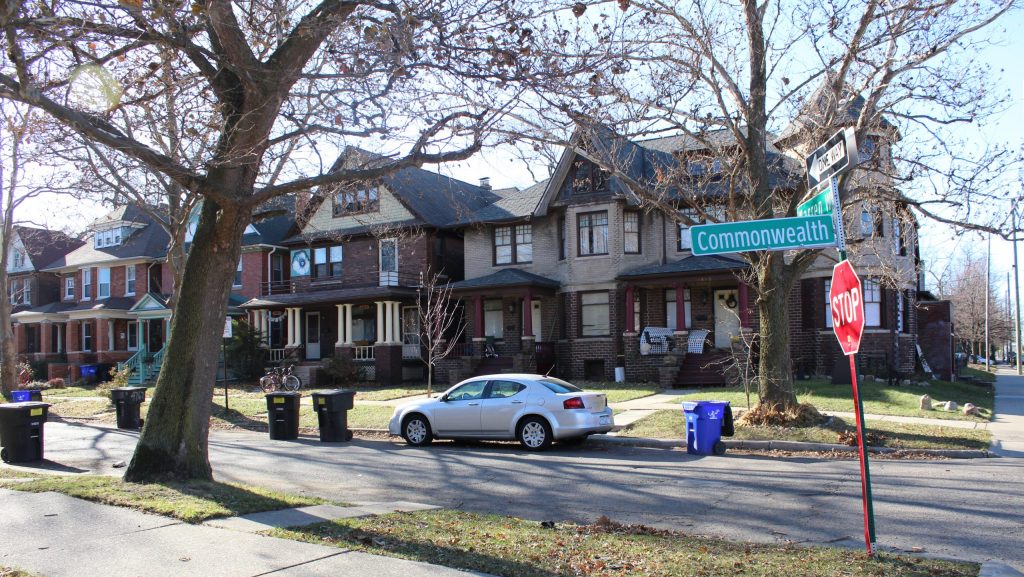Judge Extends Eviction Moratorium: More Resources For Detroit Tenants Than Before
Big news for housing this week in Detroit as the 36th District Court announced that it would extend the eviction moratorium for city residents after the statewide eviction moratorium expired last week.

The 36th District Court announced that it would extend the eviction moratorium for Detroiters after the statewide eviction moratorium expired last week.
“I could see what the pandemic and what the financial crisis would do to the city of Detroit. Before the crisis, we had an eviction crisis.” —
Also, the Michigan Supreme Court ruled that counties can no longer profit from tax foreclosure auction sales.
Listen: Chief Judge McConico on the implications of the end of the eviction moratorium.
Guests
Chief Judge William C. McConico presides over the 36th District Court in Detroit. His court has extended the eviction moratorium to avoid mass evictions in the city. McConico says that he instituted a moratorium on evictions in Detroit before the governor did.
“I could see what the pandemic and what the financial crisis would do to the city of Detroit. Before the crisis, we had an eviction crisis,” McConico says, pointing to a lack of counsel for low-income tenants as the reason for the comparably high rate of eviction.
“Eighty-five to 90 percent of tenants in landlord-tenant cases were unrepresented,” McConico says. However, he claims that a wealth of resources are now available, such as the additional $6 million in funding for renters in Detroit, Gov. Whitmer’s Eviction Diversion Program, and a helpline and website where Detroiters can find eviction prevention resources and legal aid, as ways to stave off the crisis. McConico says his office is trying to raise awareness of these resources for tenants and landlords in his district. “We have more tools now than we had before the pandemic,” McConico says.
Michele Oberholtzer is the director of the United Community Housing Coalition’s tax foreclosure prevention project. She says she is grateful for the measure, as officeholders are recognizing their power to act on the behalf of citizens, but still, she urges even further action.
“We can forestall mass displacement but we lack longterm solutions,” Oberholtzer says, such as ending the ban on rent control in Michigan, improving the quality of Section 8 housing, increasing homeownership opportunities, and expanding affordable housing.
Oberholtzer says that last week’s ruling takes away one of the profit motives within the foreclosure cycle. According to Oberholtzer, tax foreclosure affects low-income property owners more often and this ruling entitles them to keep some of the equity of their home. However, she isn’t sure whether this ruling will be used for good.
“It’s very frightening, the type of fragility that we have in our housing in communities across the country, and the complete absence of leadership and awareness at the federal level,” Oberholtzer says.
This article was written by Detroit Today student producer Lauryn Azu.
Trusted, accurate, up-to-date
WDET is here to keep you informed on essential information, news and resources related to COVID-19.
This is a stressful, insecure time for many. So it’s more important than ever for you, our listeners and readers, who are able to donate to keep supporting WDET’s mission. Please make a gift today.
